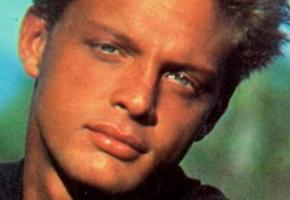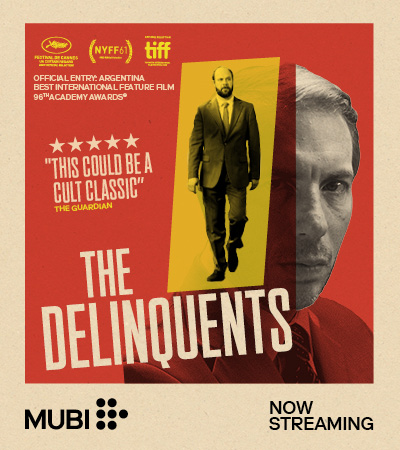The prolific and influential Cuban singer/songwriter/guitarist Pablo Milanés was born in the city of Bayamo in eastern Cuba, but he moved with his family to Havana at the age of 6, ten years before Fidel Castro came to the power in the largest Caribbean island. In 1965, Pablo was detained in one of the concentrations camps collectively known as UMAP (Unidades Militares de Ayuda a la Producción), where those classified by the Castroite regime as homosexuals, pot-smoking hippies or even those suffering from “improper conduct” (?!) were sent to cut sugar cane.
Ironically, after enduring two years of forced agricultural labor, it appears that said process of “reeducation” was successful, as Pablo became one of the crucial figures, along with Silvio Rodríguez (another UMAP victim), of the state-sponsored Nueva Trova movement of the late 1960s and early 1970s, designed to sing the praises, like the ancient Gregorian chants, to the official ideology of the Cuban government or status quo. Others might say Nueva Trovawas a revitalised traditional and popular musical movement, in tune with the new revolutionary era, reclaiming the island's true cultural and musical narrative from previously 'happy' music played for American tourists.
“I am a worker who labours with songs, doing in my own way what I know best, like any other Cuban worker,” he once told the New York Times. However, it was the quality of his compositions and his voice that captured hearts not only in Cuba, but all over Latin America and the world. Well-known songs including numbers like Yo Pisare Las Calles Nuevamente (I Will Walk These Streets Again), Soledad (Solitude) and Yolanda — a tribute to his wife, among others, quickly gained fans and travelled the world.
Pablo’s beautiful melodies and poetic lyrics, became his trademark, as well as reviving the traditional trova legacy of Company Segundo, El Albino, etc, many years before Ry Cooder landed in Havana. In 1973 he put to music poems by Cuban independence hero Jose Marti — resulting in the album Versos Sencillos/Simple Verses and stamping him as a revolutionary patriot, while he experiemented with conceptual LP such as “Filin” (which evoked the early days of his career) and the series of CDs called “Años”.
Pablo was a lifelong crusader for social justice causes and had early run-ins with the new government in Havana, shortly after the success of the revolution in 1959 but remained a staunch supporter of the process. During the 1970s and 1980s, together with Silvio Rodriqgues, Pablo became an inspiration for people and artists all over Latin America, suffering repression at the hands of military disctatorships. Here he sings with Mercedes Sosa...
Later in his life, his 2-CD set titled “Pablo Querido (Universal, 2001)", an international collection of memorable duets with multiple iconic singers from Latin America and Spain (Gal Costa, Joaquín Sabina, Soledad Bravo, Juan Formell, Pancho Céspedes, Caetano Veloso, Armando Manzanero, Milton Nascimento, etc).
He won multiple Latin Grammy Awards, including one for Musical Excellence in 2015 to honour a lifetime of dedication to his art. While the subject matter of his songs was wide-ranging, it was always less overtly political than those of some of his colleagues.
In recent years, as he became increasingly outraged with the oppressive policies of the Cuban regime, Pablo called for greater freedom in Cuba. He spent many of his final years living in Spain, but returned to Havana in June of 2022 to give an emotional farewell concert.
Ultimately it was his voice that left most legacy, Milton Nascimento offered the following comment, back in 1992: “I can only say that when we hear it, we come to believe a little more in the existence of angels”.

















